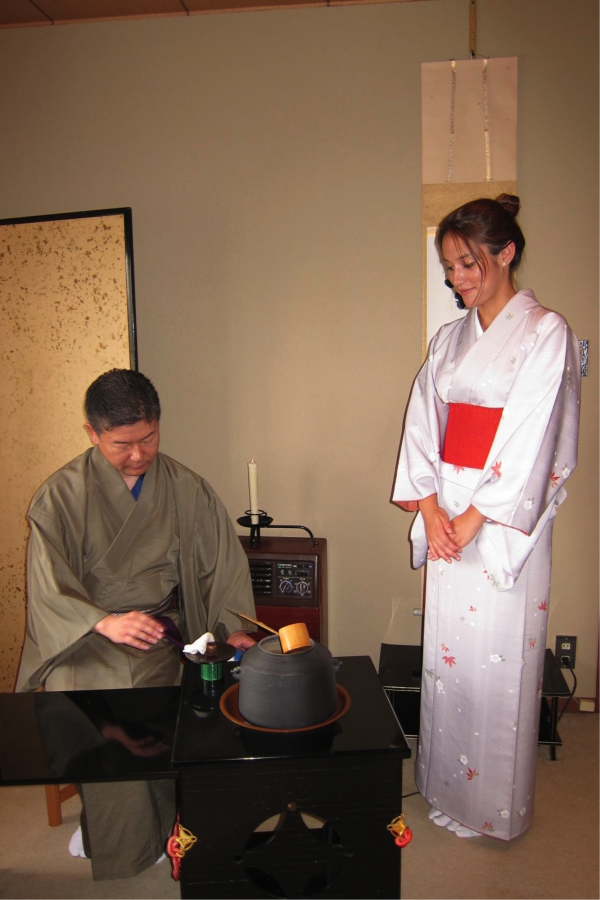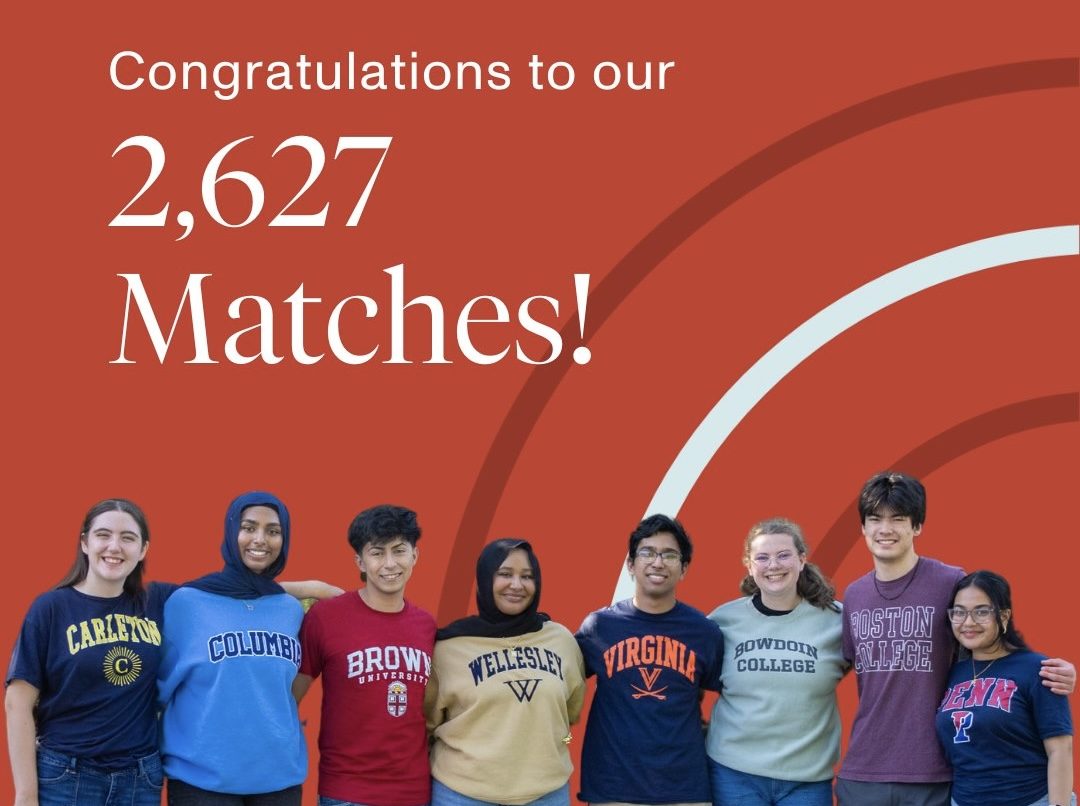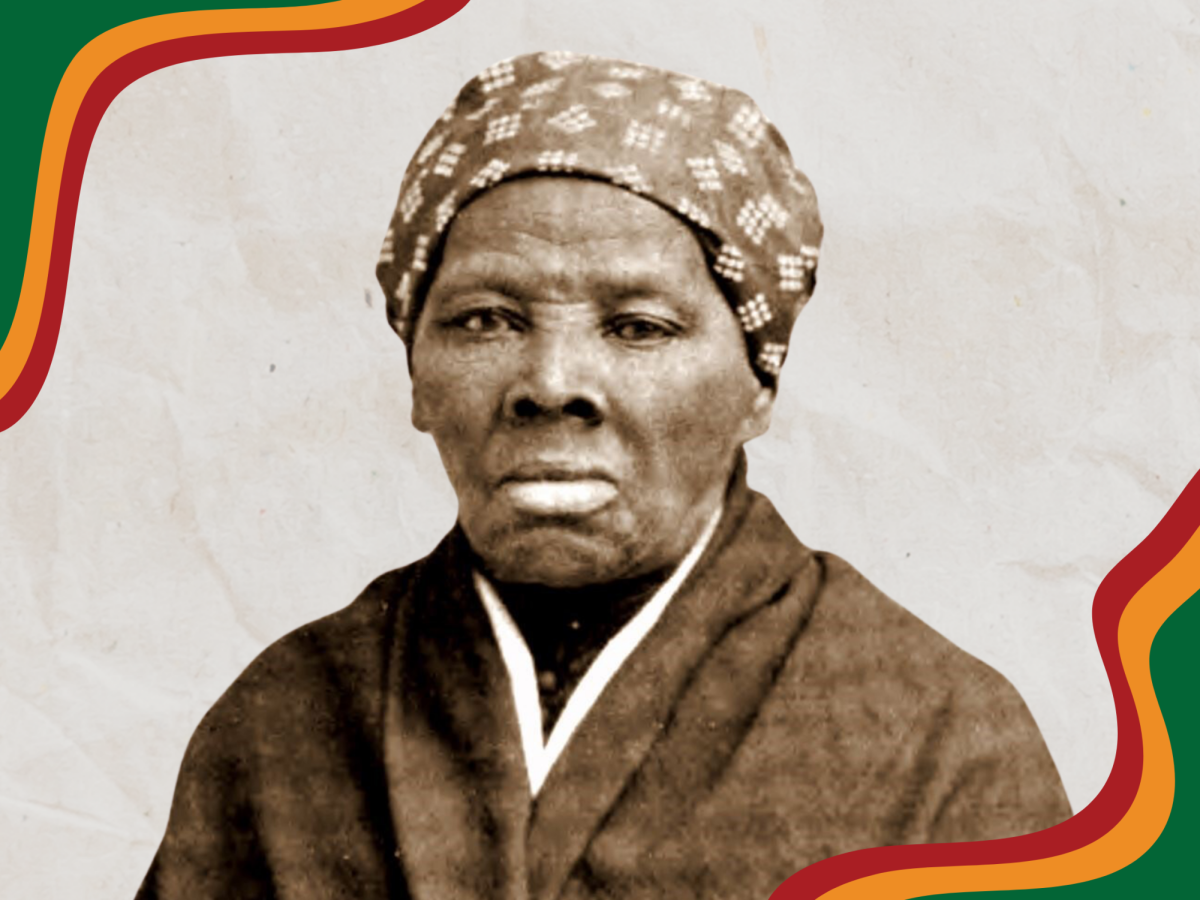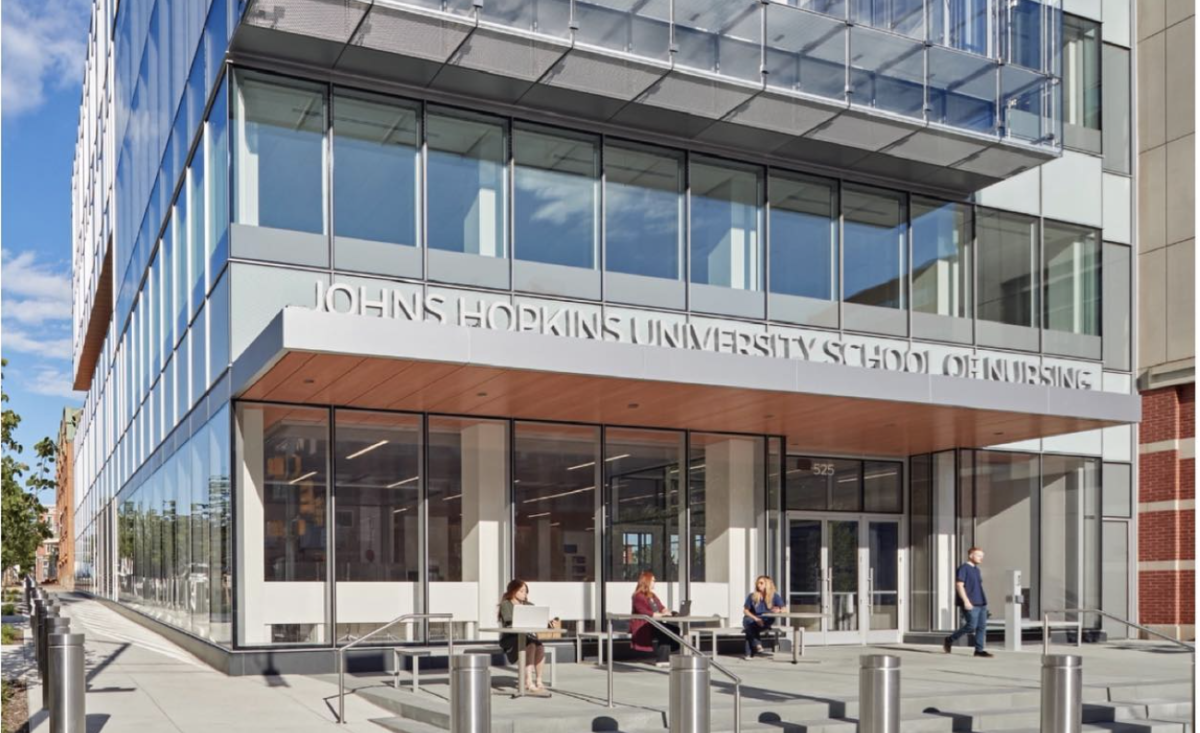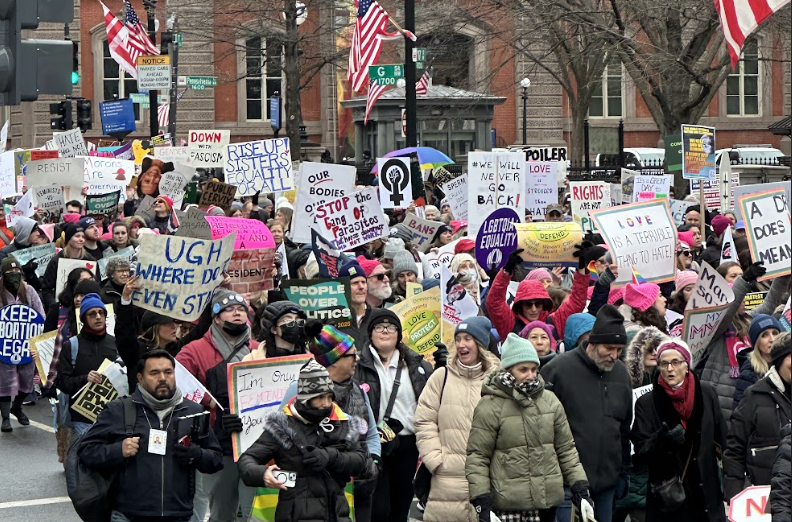Senior class president Carolyn Hoover was one of five students chosen by the Japanese government out of many Japanese-American applicants from the U.S and Guam to serve as ambassadors and participate in a 12-day international exchange trip.
The trip was sponsored by the International Friendship Association (IFA) and the Japanese Ministry of Foreign Affairs (MOFA), who used the five ambassadors to improve relations between the two countries by exemplifying openness and respect towards the Japanese people and their culture.
Hoover’s participation holds significant meaning for her and her family, not only because of the prestige and honor, but also because her grandparents spent their high school years imprisoned in Japanese internment camps during World War II.
Hoover’s grandmother urged her to apply for the trip. After knowing about the hardships her grandparents endured while imprisoned, she felt it was her responsibility to take advantage of this amazing opportunity.
“I don’t feel guilty about having the opportunities my grandparents didn’t because they gave everything so that I can have the life I do,” Hoover said.
To start the trip, the students went to Japantown in San Francisco to get a closer look at what Japanese internment was like.
The California leg of the journey was the most eye-opening and caused Hoover to change her perspective on her own culture, she said.
“Your culture is what you make of it and I learned that I can use mine to bring people together rather than divide [them],” Hoover said. “The first thing people usually tend to ask me is ‘What are you?’. I always say I’m American even though I know that doesn’t answer their question. I don’t want people to label me as Asian or White. I’m American and that’s what matters.”
The students flew to Japan and immediately immersed themselves in the Japanese lifestyle with extensive lessons on the language, culture and manners through visits to temples, shrines, museums and castles. The trip included a homestay and a visit to a local high school in Kyoto.
The students wrote an essay about their reflections of the trip and presented it to the ministry before departing. The essays included the cultural differences the five students experienced on their trip.
“The most profound difference between Japan and the U.S that we noticed was the level of respect everyone shows each other in Japan,” said Hoover
After her trip, Hoover continued to do work in DC’s Japanese-American community. Later in the summer, she worked for Californian congressman Mike Honda, who was also interned during World War II. She also helped with the restoration of the Japanese-American memorial downtown.
Hoover said it was her goal this summer to make a difference in this community in an educational and engaging way.
“I was constantly reminded this summer that our generation is the future. I disagree. Our generation is the present,” Hoover said. “We don’t need to wait till we’re adults to make a difference. Many of us already have.”



